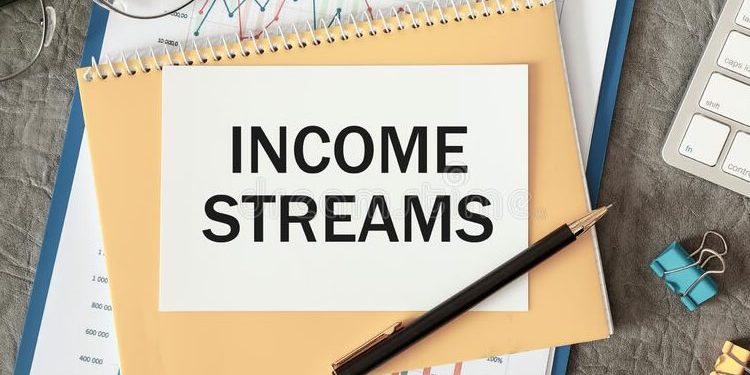Running a small business in Nigeria today is like navigating a storm. Inflation keeps rising, the cost of goods fluctuates daily, and the Naira continues to struggle against foreign currencies. For many Micro, Small, and Medium Enterprises (MSMEs), survival has become a game of resilience. The businesses that thrive in this economy are those that have mastered the art of diversification—building multiple streams of income to cushion the impact of rising costs.
Take a business owner in Lagos selling hygiene products. If they rely solely on retail sales from their shop, they will struggle when prices increase, and customers start cutting back. But if they add an online store, offer bulk supplies to schools, and partner with event organizers for hygiene kits at public gatherings, they create multiple income streams that keep cash flowing, even in tough times.
Digital platforms have also opened new opportunities for Nigerian entrepreneurs. A school owner in Abuja, for instance, can move beyond just tuition fees by launching an after-school program, renting out school space for weekend training sessions, or even selling online courses.
Content creation is another powerful income stream—many business owners in Nigeria are making money through YouTube, podcasts, and affiliate marketing by simply sharing industry knowledge and attracting sponsorships.
Subscription-based models are gaining traction as well. A cleaning service in Port Harcourt, instead of waiting for one-off contracts, can offer a monthly subscription where businesses pay a fixed fee for regular cleaning.
A WASH entrepreneur can create hygiene education programs for schools and charge a small monthly fee for consistent training and hygiene product supply. These predictable income streams help businesses stay afloat when expenses skyrocket.
Passive income is another game-changer. Many Nigerian business owners are exploring real estate, treasury bills, and stock investments to secure long-term financial stability.
Others are creating digital products like e-books and training materials, which generate money without requiring daily effort. A baker in Ibadan, for example, can sell recipe e-books or run an online baking masterclass alongside their physical shop, ensuring they earn even when flour prices go up.
Strategic partnerships also offer new opportunities. A fashion entrepreneur in Enugu can collaborate with a local fabric supplier to sell customized fabrics along with their designs.
A small-scale farmer in Kaduna can work with restaurants to supply fresh produce directly, cutting out middlemen and increasing profit margins. By forming the right partnerships, businesses expand their reach and open new doors for revenue.
Access to funding is another crucial factor. While inflation makes bank loans less attractive, Nigerian MSMEs can explore grants and low-interest financing options from organizations like the Bank of Industry (BOI), Tony Elumelu Foundation, and Lagos State Employment Trust Fund (LSETF). Many government and private sector initiatives are available for businesses willing to do the groundwork and apply for funding.
In today’s Nigerian economy, relying on a single income source is risky. The key to long-term survival is diversification—expanding products and services, leveraging digital platforms, adopting subscription models, investing in passive income, forming partnerships, and tapping into available funding. Businesses that embrace multiple streams of income will not just survive the inflation wave; they will thrive despite it.
All the same, Nigeria is a heaven for dedicated businessmen and women, who are ready to think outside the box and take advantage of Nigeria’s very high population and viable emerging market.
Written by Nneka Osili










